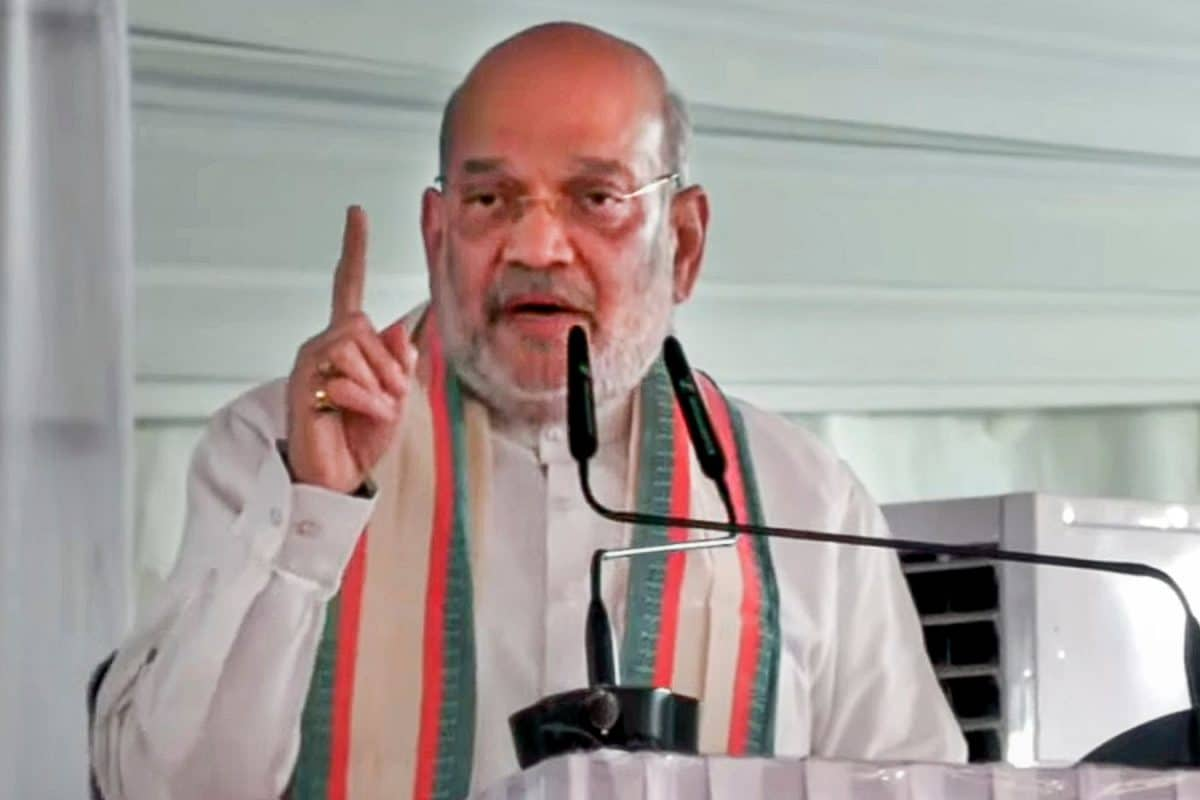

India's stance on the Indus Waters Treaty (IWT) has hardened significantly, with Home Minister Amit Shah declaring that it "will never be restored." This pronouncement comes amid heightened tensions between India and Pakistan following the Pahalgam terror attack on April 22, 2025, which prompted India to suspend the 65-year-old treaty.
Shah's statement signals a departure from previous Indian positions, which had maintained that the treaty was merely "in abeyance" pending Pakistan's cessation of cross-border terrorism. Now, the message is clear: the IWT, in its current form, is unlikely to be revived. Shah has articulated that the treaty's foundational principle of "peace and progress" between the two nations has been fundamentally violated by Pakistan's actions, rendering the agreement untenable.
The implications of this shift are far-reaching, particularly for Pakistan, which relies heavily on the Indus River system for its agriculture, hydropower, and overall water security. India's decision to optimize the Indus river system and divert water to its own states, including Rajasthan, Punjab, and Haryana, raises concerns about potential water scarcity in Pakistan.
India is actively pursuing plans to maximize its utilization of the Indus waters. A key project involves the construction of a 113-kilometer canal to redirect surplus water from the western rivers (Indus, Jhelum, and Chenab) to the aforementioned Indian states. This inter-basin transfer aims to enhance water availability for irrigation and other uses within India, while simultaneously reducing the amount of water flowing into Pakistan.
These actions have sparked considerable concern in Pakistan, with some officials even warning that any attempt to stop or divert water flow would be considered an "act of war." The situation is further complicated by India's acceleration of hydropower projects in Jammu and Kashmir, which could potentially alter the river's flow and impact downstream water availability in Pakistan.
India's suspension of the IWT has already led to observable changes in water management practices. Satellite images have revealed intensified dam flushing operations, resulting in fluctuating water flows into Pakistan. This disruption could undermine Pakistan's ability to meet its mitigation and adaptation targets under the Paris Agreement, as the country's Nationally Determined Contribution (NDC) relies on predictable Indus flows for hydropower generation and adaptation programs.
Despite the tensions, Pakistan has expressed a willingness to restart dialogue regarding the IWT. However, India has maintained that any such discussions are contingent on Pakistan taking credible and irreversible steps to end cross-border terrorism. As External Affairs Minister S Jaishankar has stated, "water and blood cannot flow together."
The future of the Indus Waters Treaty remains uncertain. While some experts suggest that the treaty could be modified or renegotiated to address current concerns, the political climate and the deep-seated mistrust between the two countries make such a prospect challenging. For now, India seems determined to pursue its own water interests, even if it means leaving Pakistan "starved" of the vital resource.